I recently spoke with “Care Giver Dave” Nassaney on his Care Giver Dave’s podcast and learned some alarming statistics. Did you know that approximately 30% of caregivers die before the person they are caring for? For those caring for a person with Alzheimer’s disease, it’s worse. A Stanford Medicine study found 40% of Alzheimer’s caregivers die before the patient. Another study found that the risk of death is 63% higher for caregivers under strain than for non-caregivers.
If statistics make your brain go numb, consider that each one of these deaths is doubly tragic, both for the caregivers who die and for those they leave behind in need of care.
Why is this happening?
Many people providing care round-the-clock experience extreme burnout. They neglect taking care of themselves out of the demands that come from providing care for a loved one. Older caregivers are particularly at risk, a fact to consider this month, which includes both National Senior Citizen’s Day Aug. 21, and National Grief Awareness Day Aug. 30
Last week I was teaching my regular Wednesday morning meditation group. At the end, during our sharing time, I mentioned that I had been on Care Giver Dave’s show and those statistics. One of my participants responded: “It’s all very fine and well to talk about caregivers getting help, but I need help and I can’t find any.” Her husband has Alzheimer’s and Lewy body dementia, and she isn’t in a position to call a home care agency and hire someone to come in for shifts to spell her. The only time off she gets is eight hours a week when she takes him to a memory day-care facility run by Jewish Family Service, but that’s not enough, and she’s exhausted.
My heart broke for her — I imagine all our collective hearts broke — and then people in our group did what we do: offered ideas to try to help! For instance, Medi-Cal (California’s Medicaid health care program) can pay for home care and home health care, but you must meet its financial and medical eligibility requirements. Another member of the group said her sister is an accountant and could help her see about switching insurance to register her husband for Medi-Cal.
One of my more senior students raised her hand to say the Alzheimer’s Association was really helpful for her before her husband passed away. The woman who was really burned out responded, “I don’t need a support group to go and hear what I am going through.” However, another member pointed out to me on the phone later that day that support groups share practical information about help that’s available, not just stories of personal misery.
After our meeting, I got on the horse to try to find this woman some resources. I reached out to one of the founders of a Jewish agency here in San Diego where I took my mom’s clothes and dad’s clothes after they passed away, called the G’mach. She told me about the Kindness Initiative and suggested my friend apply to them ASAP.
Here’s more information I found:
1
The Kindness Initiative (kindnesssd.org) serves households in the San Diego Jewish community that struggle with financial insecurity. They work with service providers and trained volunteers to help people access services (including services for caregivers) so they can live with dignity and “identify a way forward.” They are working to fulfill the mitzvot of G’milut Hasadim — acts of loving kindness; Tzedakah — providing monetary and material support; and Tikkun Olam – actions to improve the world.
2
Alzheimer’s San Diego (alzsd.org) is the local affiliate of the national Alzheimer’s Organization. They offer expert advice from clinical coaches through their help line (858.492.4400) as well as support groups that meet daily across the area; weekly visits from ALZ Companion volunteers, who can sometimes offer short respite depending on the situation; and a five-week series called “Coping with Caregiving” that covers everything from coping with frustration and deescalating tough situations to handling grief and loss and creating a reliable support system.
3
Jewish Family Service (jfssd.org) is our local agency that is giving eight hours of support a week to my Wednesday group participant. They are a huge agency that serves Jews and non-Jews alike with all kinds of help, counseling, food pantry, day centers, home delivered meals, services for caregivers struggling to care for family members with Alzheimer’s, and aging professionals that can help seniors come up with plans so they can continue to live at home.
4
Caregiver Resource Centers (caregivercalifornia.org) offers help throughout California serving thousands of families and caregivers of those with Alzheimer’s disease, stroke, Parkinson’s disease and other disorders. California was the first state in the nation to establish a statewide network of support organizations for caregivers; every resident has access to a CRC in their area. Among the services they list are respite care, including financial assistance for temporary in-home support, adult day care services, and short-term or weekend care and transportation.
5
PACE (Program of All-Inclusive Care for the Elderly) provides comprehensive medical and social services at home to people over age 55 that would qualify for care in a skilled nursing facility. Most participants in PACE are dually eligible for both Medicare and Medicaid. I learned about PACE after a friend of mine who owns an elder care placement business posted about it on Facebook. The PACE model is built on interdisciplinary teamwork. “All PACE staff members are expected to see themselves as physical, mental, emotional, and spiritual ‘healers.’ They include the primary care doctor who emphasizes preventing illness and injury as much as ordering treatments, the nurse and social worker who coordinate care, the onsite pharmacist who stays alert for prescribed drugs that may do more harm than good for specific patients, the kitchen chef who customizes meals to participants’ tastes and allergies, the participant-care associate who gives supportive care for daily activities (including showers), and the drivers who transport participants to and from PACE centers and other important destinations. According to this Harvard Business Review article, PACE is about investing in people’s well-being, keeping them as well as possible for as long as possible. It offers older adults the chance to live at home with a higher quality of care — and of life. The current model serves primarily low-income seniors; however, the bigger opportunity is to expand it to include all chronically ill older adults.” In San Diego, if you exceed the income for enrollment in PACE, you can pay a monthly fee for the PACE program. For information on PACE in the San Diego area, visit fhcsd.org/pace or call (619) 981-PACE (7223) | TTY: (833) 530-9622. For more information on eligibility requires, go to eligibility.com/medicare/medicare-pace-program.
I emailed these resources to my friend in our Wednesday group, and I offered to help her chase down leads or find someone who can help her. I know when a person is burned out it can be hard to concentrate, and your brain can seem fuzzy, similar to what people now know as “brain fog” after having a COVID-19 infection. She emailed me back thanking me, and I thanked her for sharing her truth with our group.
She responded that it was the hardest thing she ever did because it made her feel so raw and vulnerable, and she was worried her suffering was taking over the group. I reminded her that people really want to help and be supportive, and she’s giving them that opportunity.
This got me thinking about a girlfriend of mine whose mom died recently. She is a big poster on Facebook, yet she didn’t tell anyone about it. Like many people, she feels uncomfortable asking for or accepting help from others. But it is so important if you are struggling that you reach out to those who want to help. If you don’t, you’re not only having to face your struggle alone — you’re also robbing your friends of the ability to show their love. After she eventually posted about her mom passing away, she was flooded with loving and supportive messages which warmed her heart.
Don’t we all deserve the feeling that we care about people, and people care about us?
YES, WE DO!





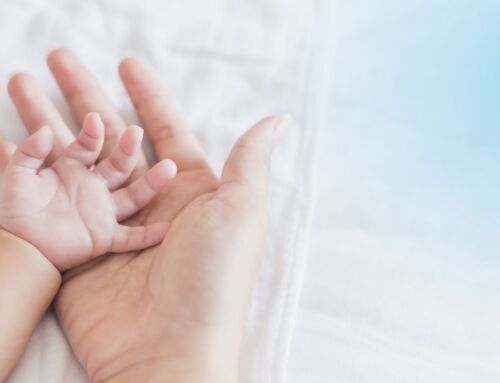

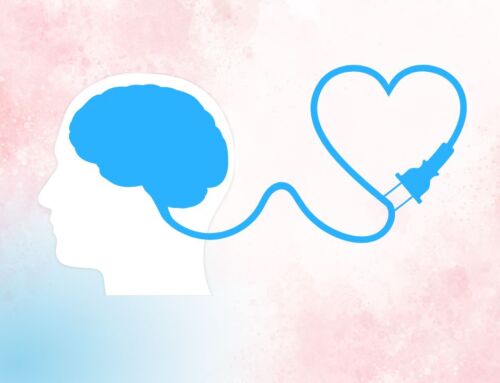
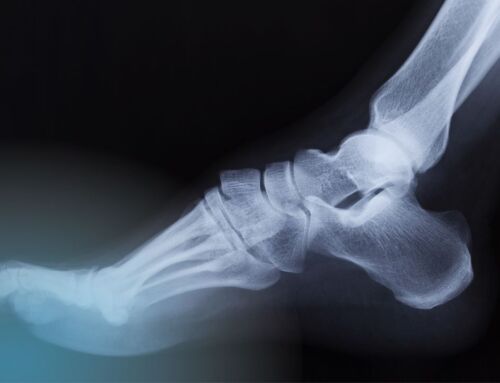
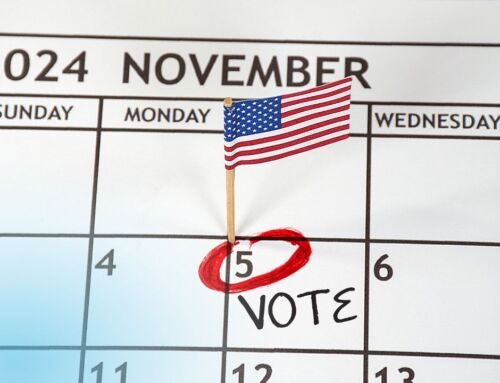
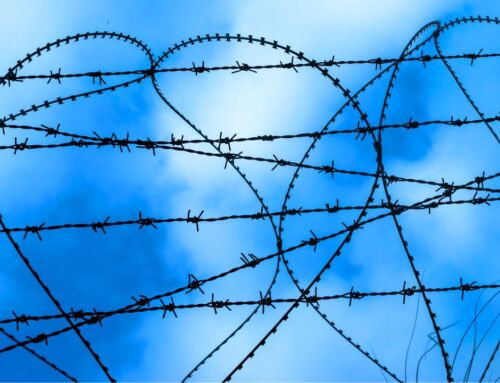

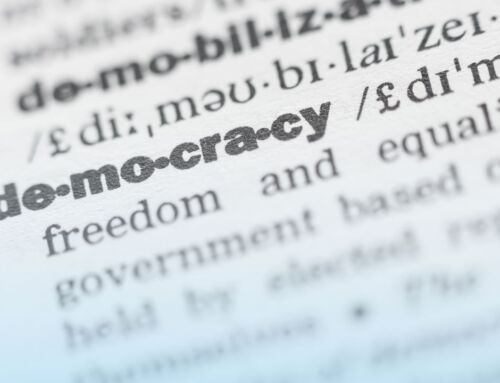

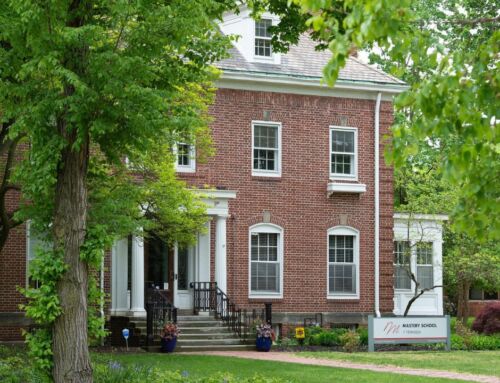

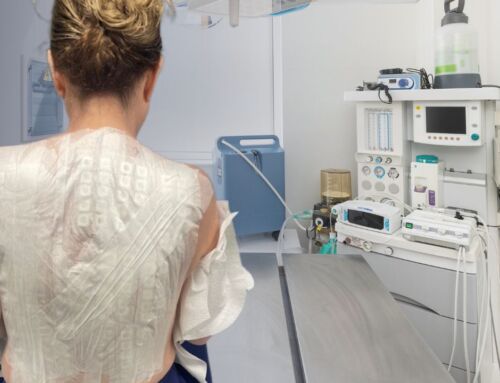

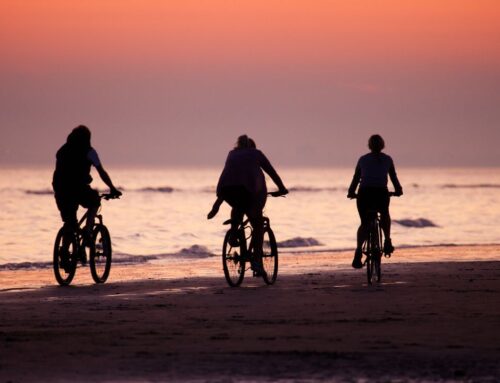


Thanks, dear Julie!!
I enjoy your calm, your laughter, and your courage to get this out to the public!
I am just coming off of a depression episode over December to March! I came to doubt the effectiveness of Mindful Self/compassion.
Your talk made me trust the process again.
Thank you!!
Nancy D
Oh Nancy! I’m so glad you’re starting to feel hopeful – and that you are again trusting your deep and mature practice. Sending you love. ❤️
You are the best. I love this so much.
Thanks for reading it! You are pretty fabulous yourself!